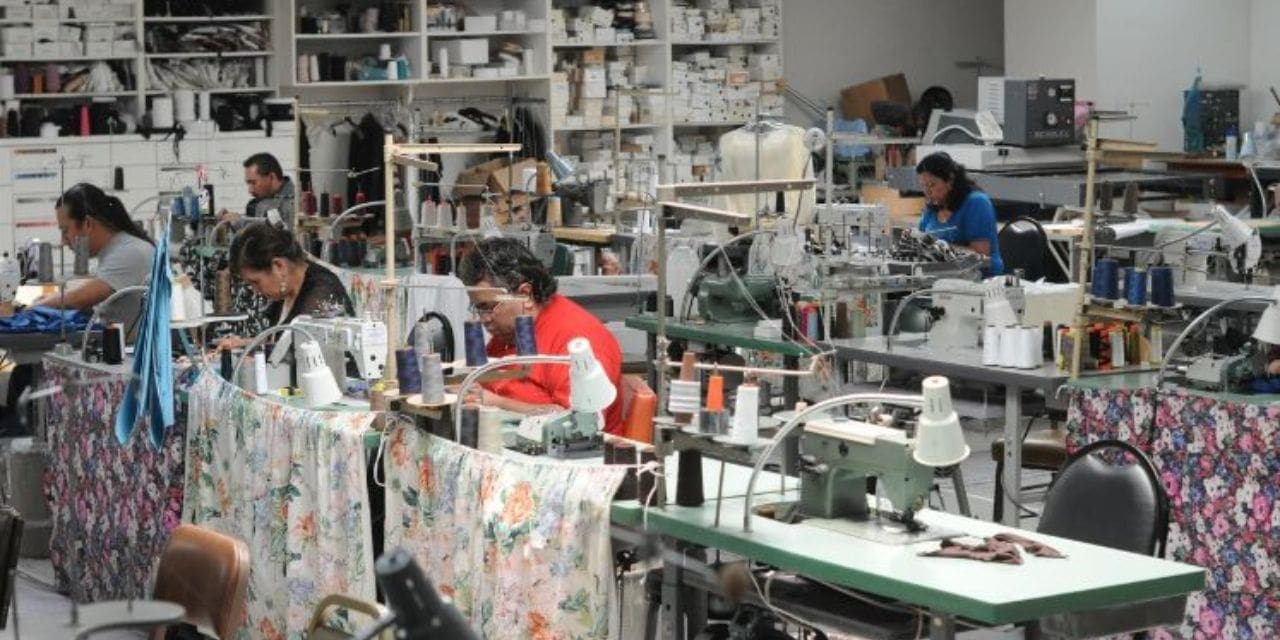Politically in Fashion, Rebecca Ballard Advisory, Transparentem, and TS Designs organised a congressional briefing to inform congressional staff about important issues in the fashion industry and to look at potential solutions. Other participants included representatives from the fashion industry, the American Circular Textiles (ACT) group, and other organisations.
The briefing underlined crucial domestic economic opportunities and the required political framework for fostering the development of a more moral sector. Rachel Kibbe from ACT, one of the speakers at the event, proposed policy improvements to enhance textile recycling while boosting the US economy and job possibilities.
Some of these policies included sales and use tax exemptions for used goods and extended producer responsibility (EPR) for textiles. These concepts underlined the value of policy in addressing moral and environmental concerns and promoting the growth of the fashion industry.
In the briefing, other critical topics were raised, including the challenges and potential solutions related to forced labour in the fashion supply chain, the benefits of regenerative and circular fashion, and the industry’s overall ethical and environmental effects.
The fastest-growing waste stream in the US is textile trash, according to Kibbe, and it is costing the environment as well as US taxpayers who must pay for the transportation of burned clothing to landfills that are already at capacity.
Future policy measures encouraging ethical, environmental, and economically sound fashion practises are anticipated to be informed by the congressional briefing.

